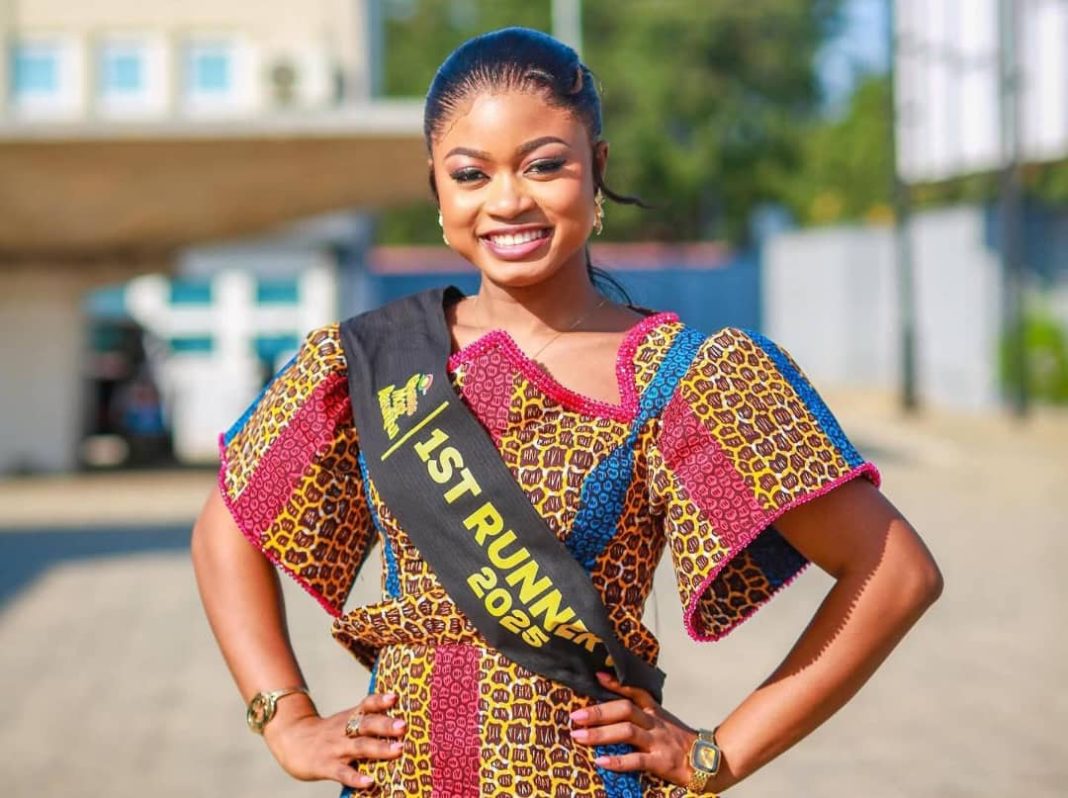In a call for inclusive development, Ghana’s Most Beautiful 2025 first runner-up and Upper East Regional representative, Asakia Hawawu Hanaan, has emphasized that empowering women in agriculture is key to tackling poverty, low education rates, and social inequality in the region.
Speaking in an interview on A1 Radio, Miss Asakia explained that her journey in the pageant transcends titles and recognition, focusing instead on creating lasting impact in communities.
“For me, pageantry goes beyond the title, the recognition, and the crown—it’s about impact. True success, they say, is when you’re able to impact people around you and your community at large,” she said.
Her advocacy project, centered on “Women in Agriculture,” stems from her understanding that most communities in the Upper East Region rely heavily on farming. Yet, women—who form the backbone of agricultural labor—often lack access to land, resources, and opportunities for advancement.
“I specifically selected women in agriculture because I believe this project, if implemented well, can change the dynamics of the region. In the Upper East, we struggle with girls dropping out of school, teenage pregnancy, and poverty. But empowering women in agriculture can, in the long run, help address all these issues,” she noted.
Miss Asakia argued that when women are equipped with the right agricultural skills, tools, and financial support, they can improve household incomes, educate their children, and reduce poverty across the region. She added that such empowerment could also help curb teenage pregnancy and promote gender equality.
The GMB finalist also highlighted the need for policy reforms to make land ownership more accessible to women. According to her, cultural and institutional barriers continue to limit women’s ability to own or purchase land—constraints that ultimately hold back economic growth.
“Our policies are not flexible enough for women. It’s very rare to see women owning land in the Upper East Region. Even when a woman has the money, she often asks her husband to buy the land in his name. It’s high time we do away with that mentality. Women can also own and manage land,” she stressed.
Miss Asakia appealed to individuals, organizations, and policymakers to support her initiative, noting that collaboration and funding are essential to sustaining impact-driven projects.
“Let’s all help each other. If you can support with funding, advice, or even land to help us start something, we are open. Together, we can go far,” she said.
Source: a1radioonline.com|101.1Mhz|Gifty Eyram Kudiador|Bolgatanga


